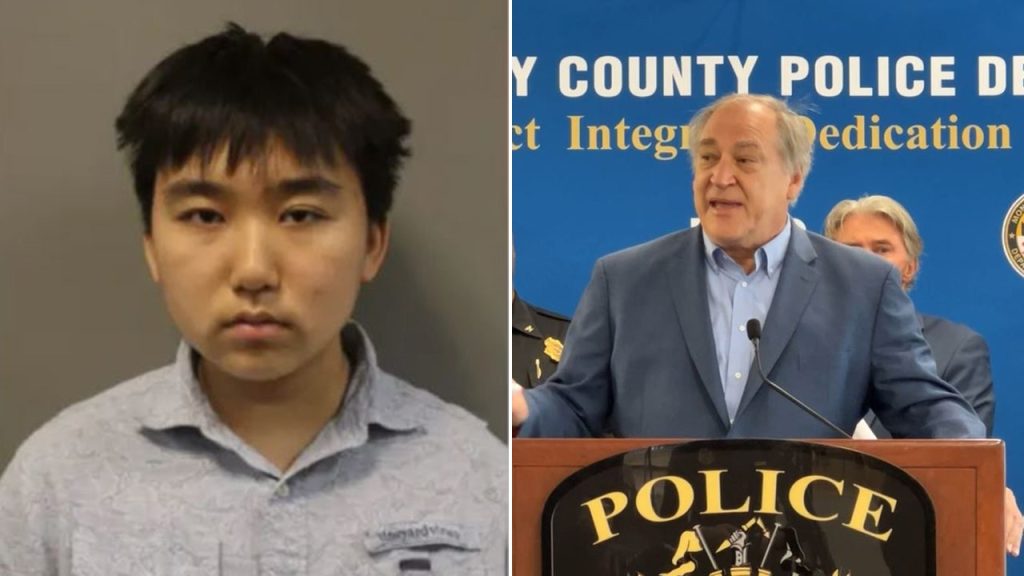A Democratic Maryland elected official, Marc Elrich, scolded a reporter who asked about the transgender identity of teenager Andrea Ye, who goes by Alex. Ye, 18, was accused of planning a school shooting at Thomas Wootton High School and his former elementary school. Elrich expressed frustration at the question and emphasized that being transgender is not a crime and should not be sensationalized in news stories. He argued that the suspect’s sexual orientation should not be the focus of the coverage and compared it to not mentioning the sexual orientation of other suspects in crimes.
During a news conference, Elrich was questioned about officials’ reluctance to reveal Ye’s transgender identity. He defended the decision, stating that it is not necessary to publicize someone’s sexual orientation in every crime case. The reporter referenced past mass shootings involving suspects who identified as transgender and questioned the consistency in reporting. Elrich reiterated that being transgender is not a crime and should not be the main focus of the story. He walked away from the podium, emphasizing that it is not newsworthy or relevant to criminal behavior.
Andrea Ye was arrested for making threats of mass violence and was charged with planning a school shooting in a 129-page manifesto. He expressed a desire to become a serial killer instead of a mass murderer, citing the romanticized portrayal of serial killers in media. Authorities revealed that Ye targeted an elementary school because he believed children would be easier targets. A tipster alerted law enforcement to his writings, leading to an investigation by local and state authorities.
The case of Andrea Ye sparked controversy and debate about how the media covers suspects’ identities, particularly relating to their gender identity. Elrich emphasized that being transgender is not a crime and should not be sensationalized in news coverage. He argued against singling out suspects’ sexual orientations and questioned why it would be relevant to the crime itself. The incident highlighted the need for sensitivity and ethical reporting in cases involving vulnerable populations such as transgender individuals.
The role of the media in covering crime cases, especially those involving vulnerable populations, became a point of contention in the aftermath of the Andrea Ye case. Elrich’s response to the reporter’s question reflected a desire to avoid stigmatizing transgender individuals and to focus on the criminal behavior itself. The case raised broader questions about how the media reports on suspects’ identities and the potential impact on public perceptions. It underscored the importance of responsible and ethical reporting practices in cases involving sensitive issues such as gender identity.
Overall, the controversy surrounding the coverage of Andrea Ye’s case underscored the need for sensitivity and ethical considerations when reporting on crime cases. Elrich’s response highlighted the importance of avoiding stigmatization of transgender individuals and focusing on the criminal behavior itself. The incident sparked a broader debate about media coverage of suspects’ identities and how it can shape public perceptions. While the case raised challenging questions, it also served as a reminder of the importance of responsible and ethical reporting practices, especially in cases involving vulnerable populations.













